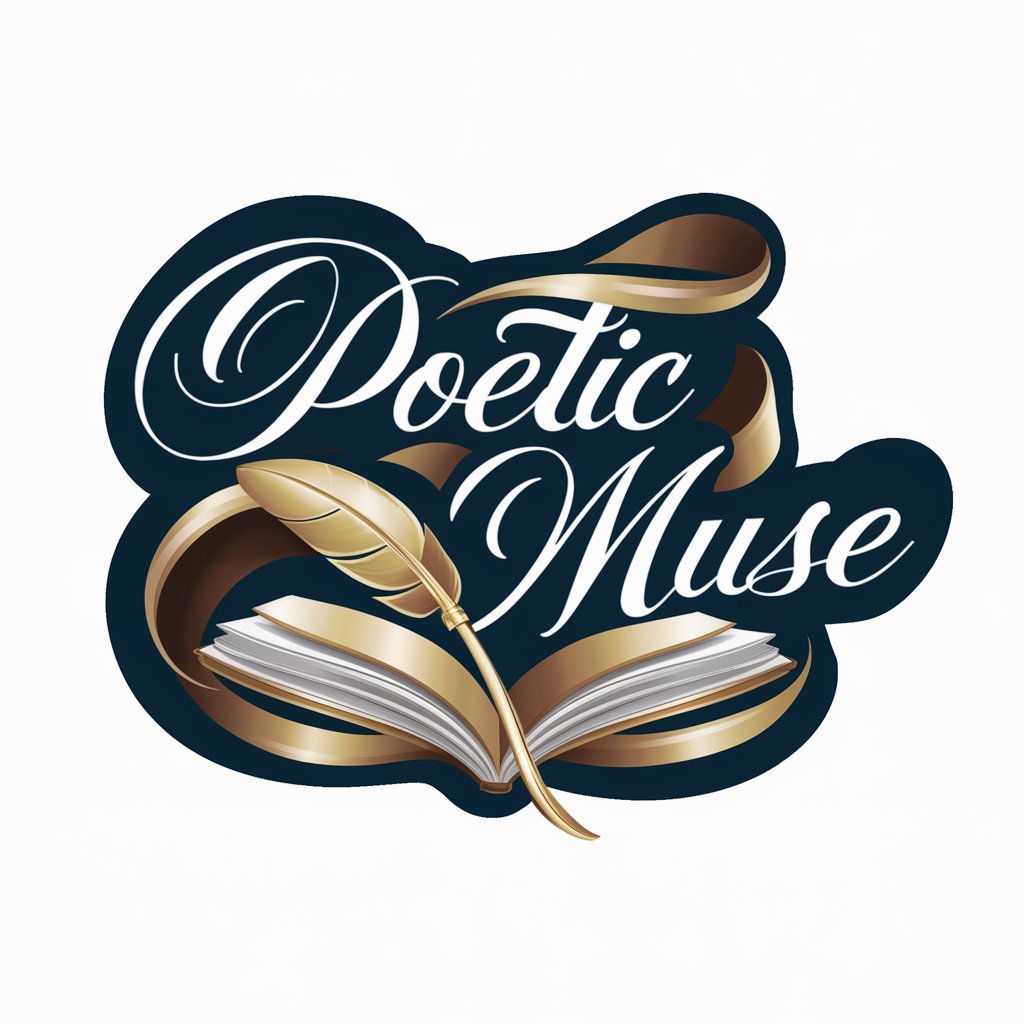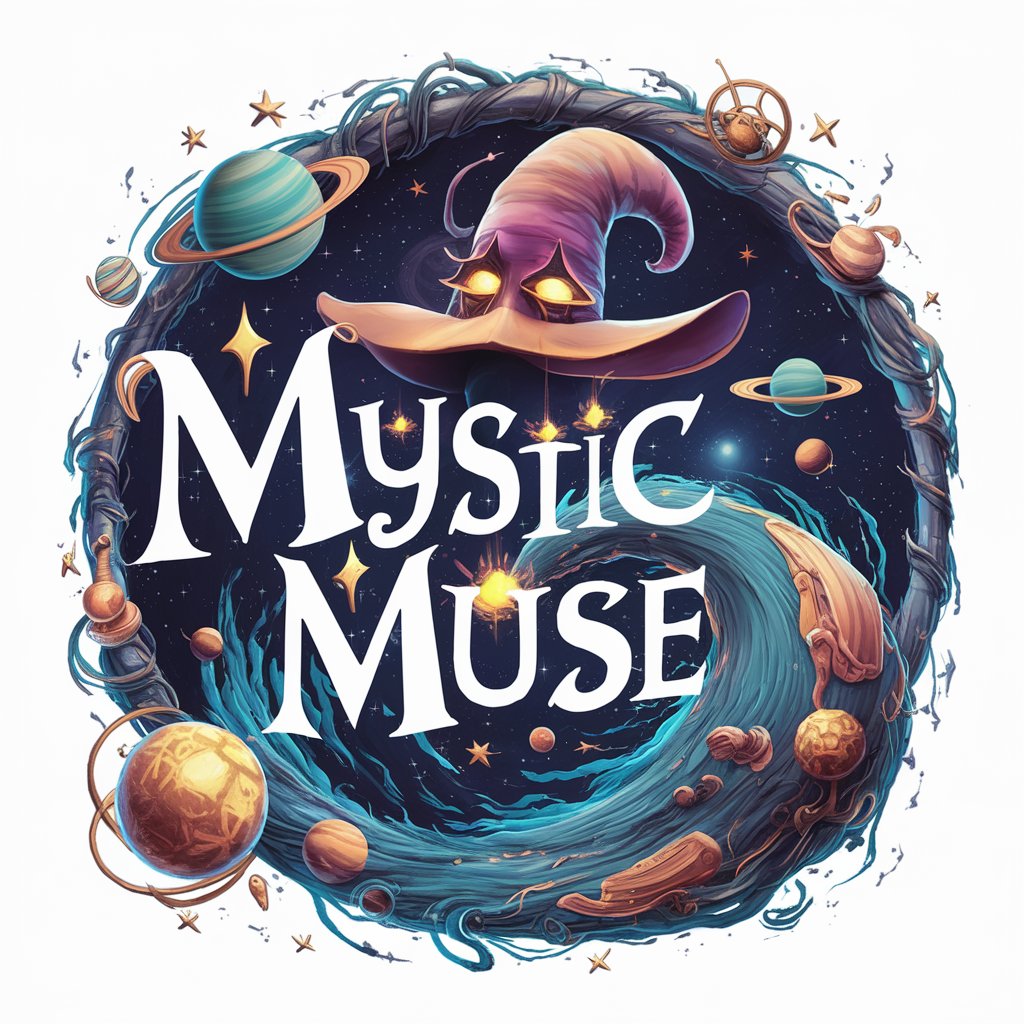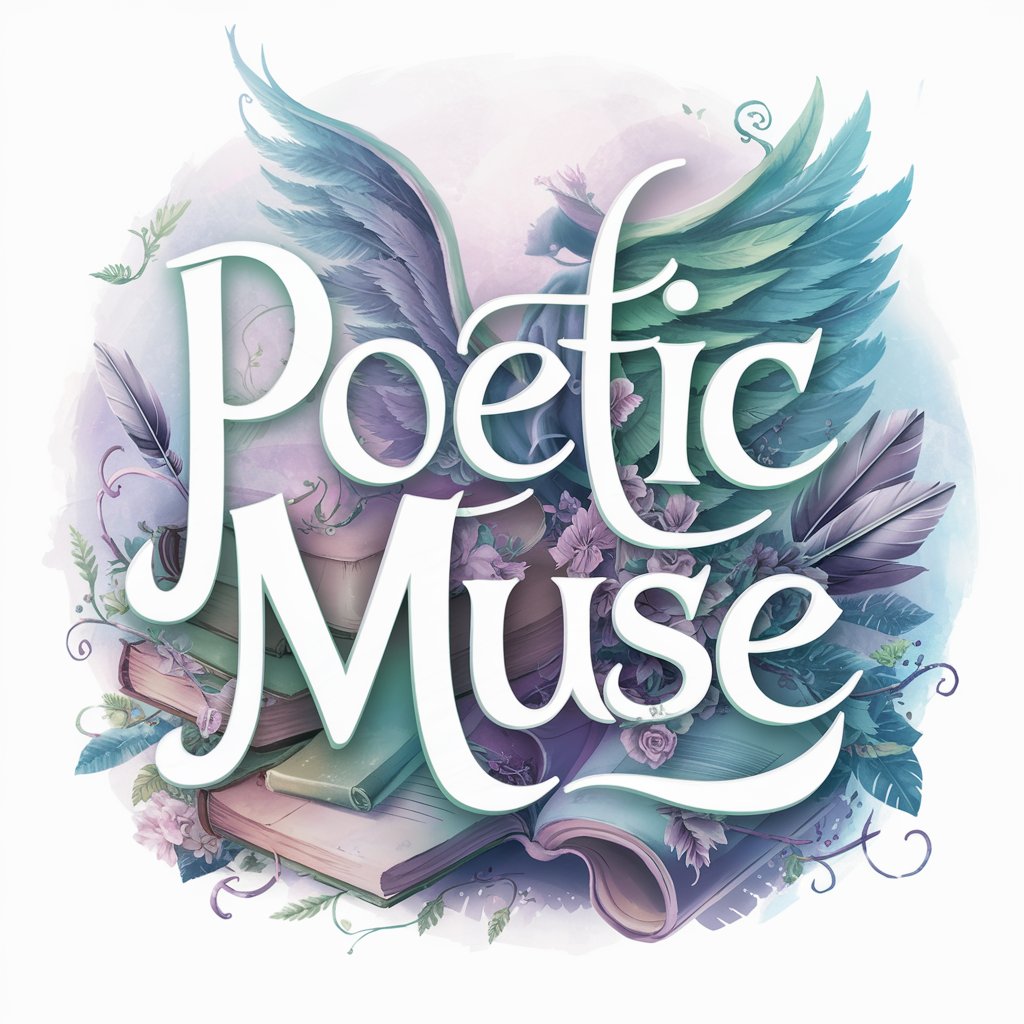
Literary Muse - Analysis Latin American Literature
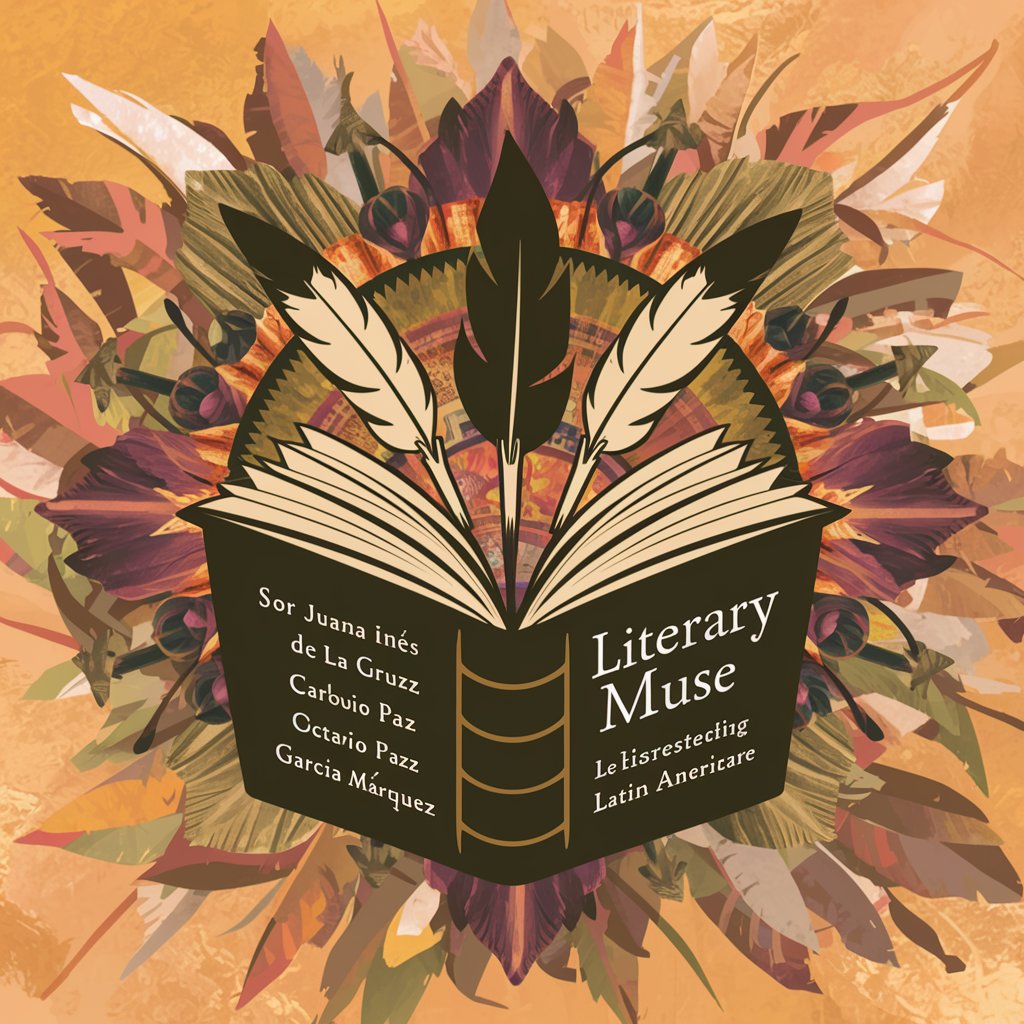
Welcome! Let's delve into the masterpieces of Latin American literature together.
Explore Literary Giants with AI
Explore the themes of identity and nationalism in Carlos Fuentes' novels.
How does Octavio Paz's poetry reflect the cultural and historical landscape of Mexico?
Discuss the feminist perspectives in the works of Sor Juana Inés de la Cruz.
Analyze the use of magical realism in Gabriel García Márquez's 'One Hundred Years of Solitude.'
Get Embed Code
Overview of Literary Muse
Literary Muse is a specialized AI designed to provide in-depth discussions and analyses of major Latin American literary figures, particularly Sor Juana Inés de la Cruz, Carlos Fuentes, Octavio Paz, and Gabriel García Márquez. Its purpose is to facilitate a deeper understanding of their works, themes, and contributions to literature. Literary Muse is equipped to engage users in nuanced conversations, explore literary techniques, and reflect on the cultural and historical contexts of these authors' writings. For example, it can dissect the metaphysical poetry of Sor Juana, analyze the magical realism of Gabriel García Márquez, compare the narrative styles of Fuentes and Paz, and discuss the political and philosophical underpinnings of their works. Powered by ChatGPT-4o。

Functions and Applications
Thematic Analysis
Example
Discussing the theme of solitude across García Márquez's 'One Hundred Years of Solitude' to demonstrate how it shapes the narrative and characters' destinies.
Scenario
Used in a classroom setting to guide students through a detailed analysis of thematic development, or by scholars during research to unpack complex literary themes.
Comparative Studies
Example
Comparing the use of symbolism in the works of Octavio Paz and Carlos Fuentes, focusing on how each author employs symbols to critique societal issues.
Scenario
Beneficial for literary conferences or seminars where experts compare and contrast literary techniques to deepen understanding of Latin American literary movements.
Historical Contextualization
Example
Exploring how the historical backdrop of the Mexican Revolution influences the settings and characters in Fuentes' narratives.
Scenario
Useful for historians or enthusiasts in book clubs who wish to understand the interplay between Mexican history and its literary output, enriching their reading experience.
Target User Groups
Academics and Students
University professors, researchers, and students specializing in Latin American literature, cultural studies, or history, who require deep dives into specific texts, authors, or literary trends for their academic work.
Literary Enthusiasts
Readers and book club members passionate about Latin American literature, seeking to enhance their understanding and appreciation of complex literary works and their broader cultural implications.
Cultural Scholars
Experts in cultural studies, philosophy, and political science, interested in the socio-political narratives and philosophical dialogues within Latin American literary works.

How to Use Literary Muse
Step 1
Visit yeschat.ai to start using Literary Muse without needing to sign in or subscribe to any premium plans.
Step 2
Select the ‘Literary Analysis’ template from the options available to focus your discussion on Latin American authors like Sor Juana Inés de la Cruz and Gabriel García Márquez.
Step 3
Enter your question or topic of interest related to the selected authors. Use specific queries to get the most detailed and accurate responses.
Step 4
Review the generated responses for insights into themes, techniques, and cultural impacts. Use these insights as a basis for further questions or discussions.
Step 5
Utilize the ‘Follow-up Questions’ feature to explore different angles or deeper insights into the topic at hand.
Try other advanced and practical GPTs
Literary Echo
Empower Your Writing with AI
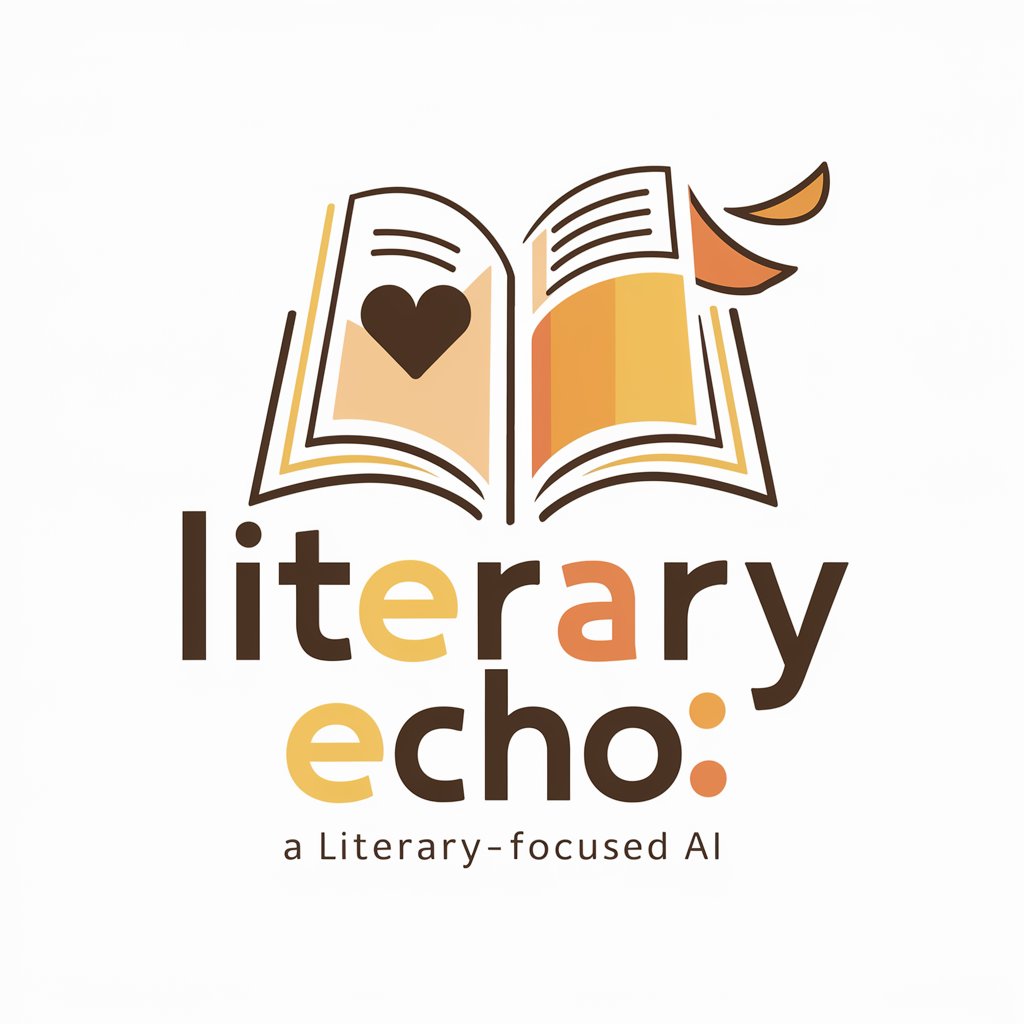
Literary Linguist
Translating Text with AI Precision
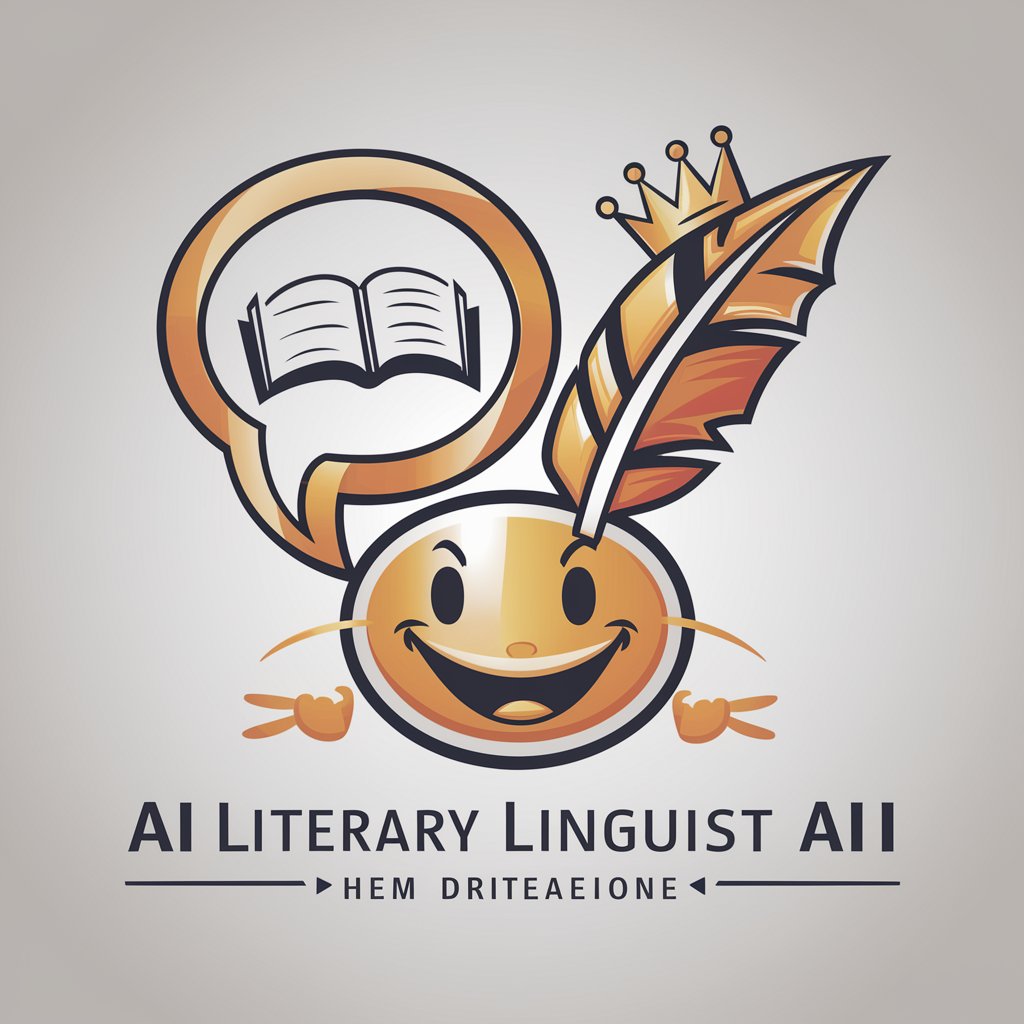
Literary Matchmaker
Discover Your Literary Soul Mate

Literary Liaison
Empowering Literature Exploration

Literary
Empowering Writing with AI

Solar GEO
Empowering Solar Energy Decisions with AI

Literary Guide
Discover Books with AI-powered Insights

Literary Lorelei
Explore Books with AI-Powered Insights
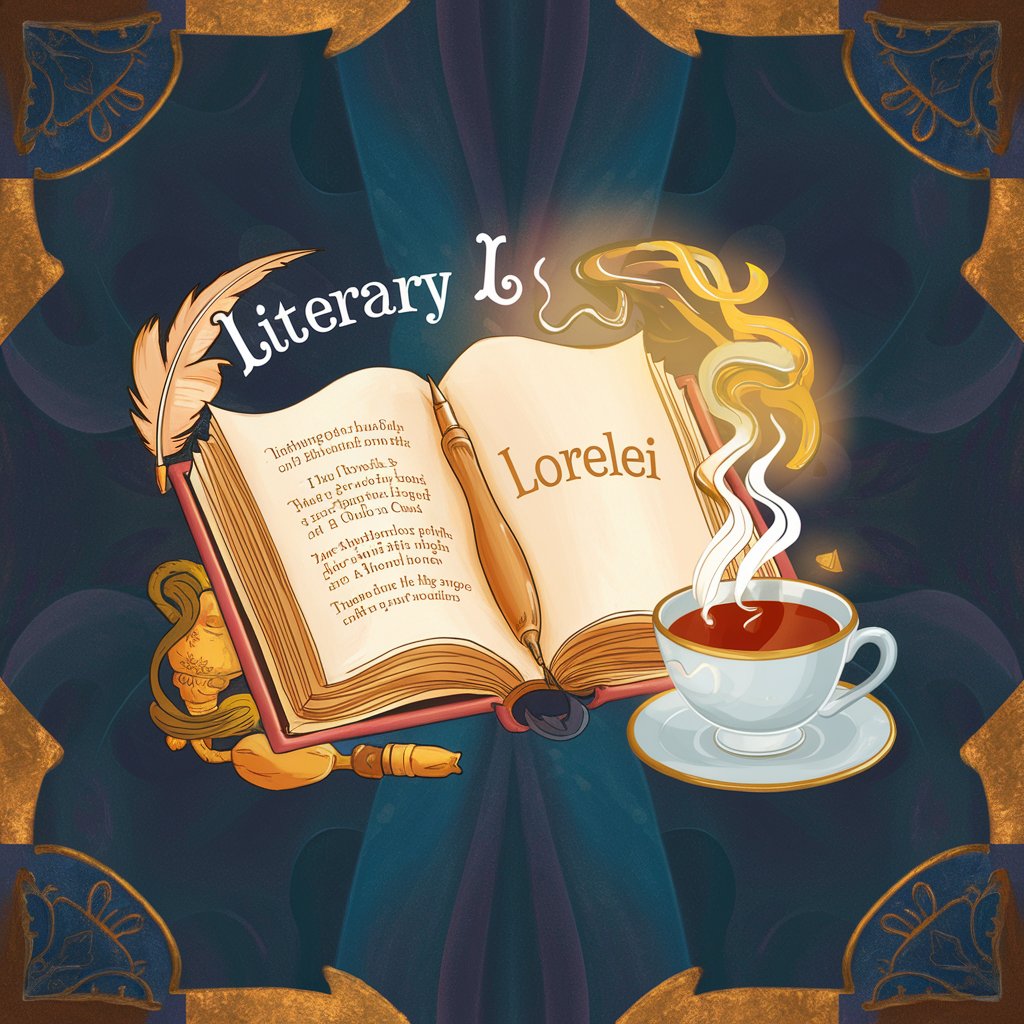
Literary Guide
Discover Books with AI Precision
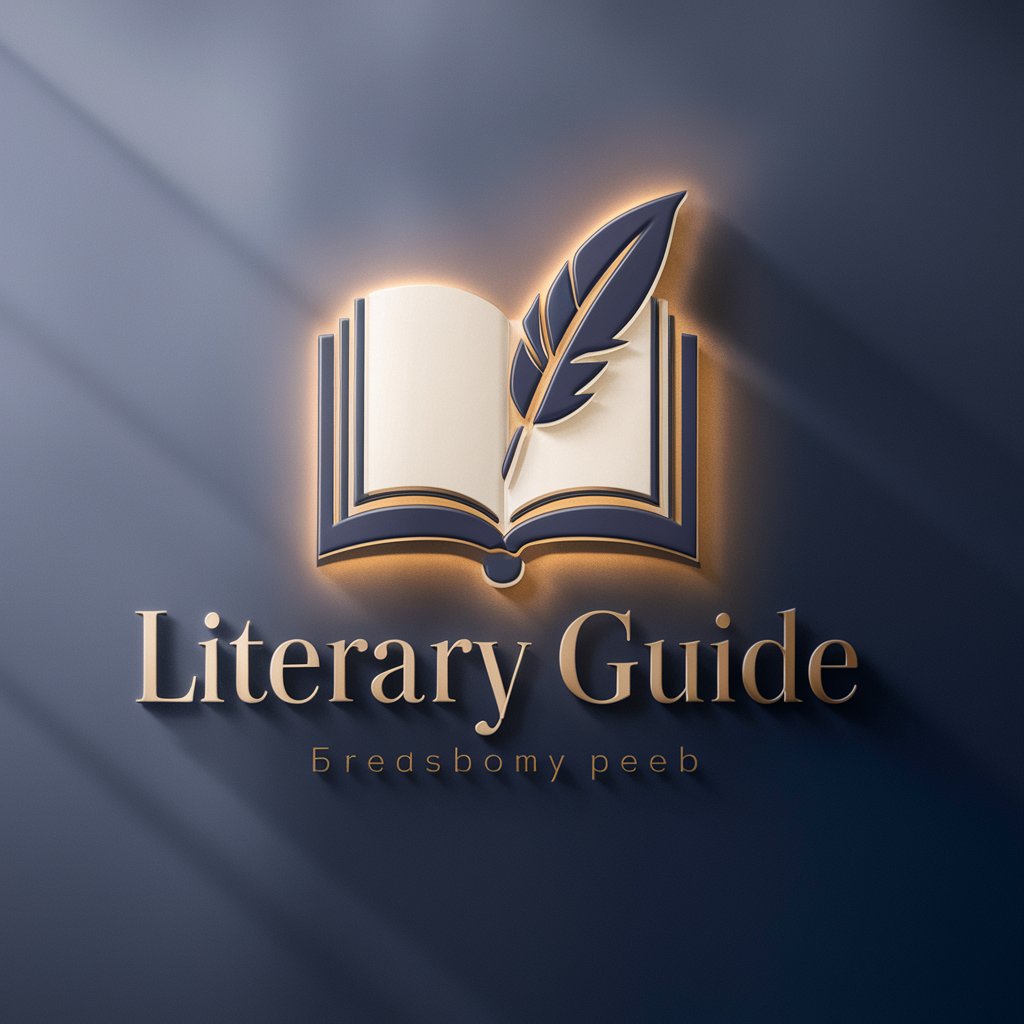
Literary Master
Empowering your writing journey with AI.

📘 Literary Innovator 🤖
Empowering narratives with AI ingenuity.
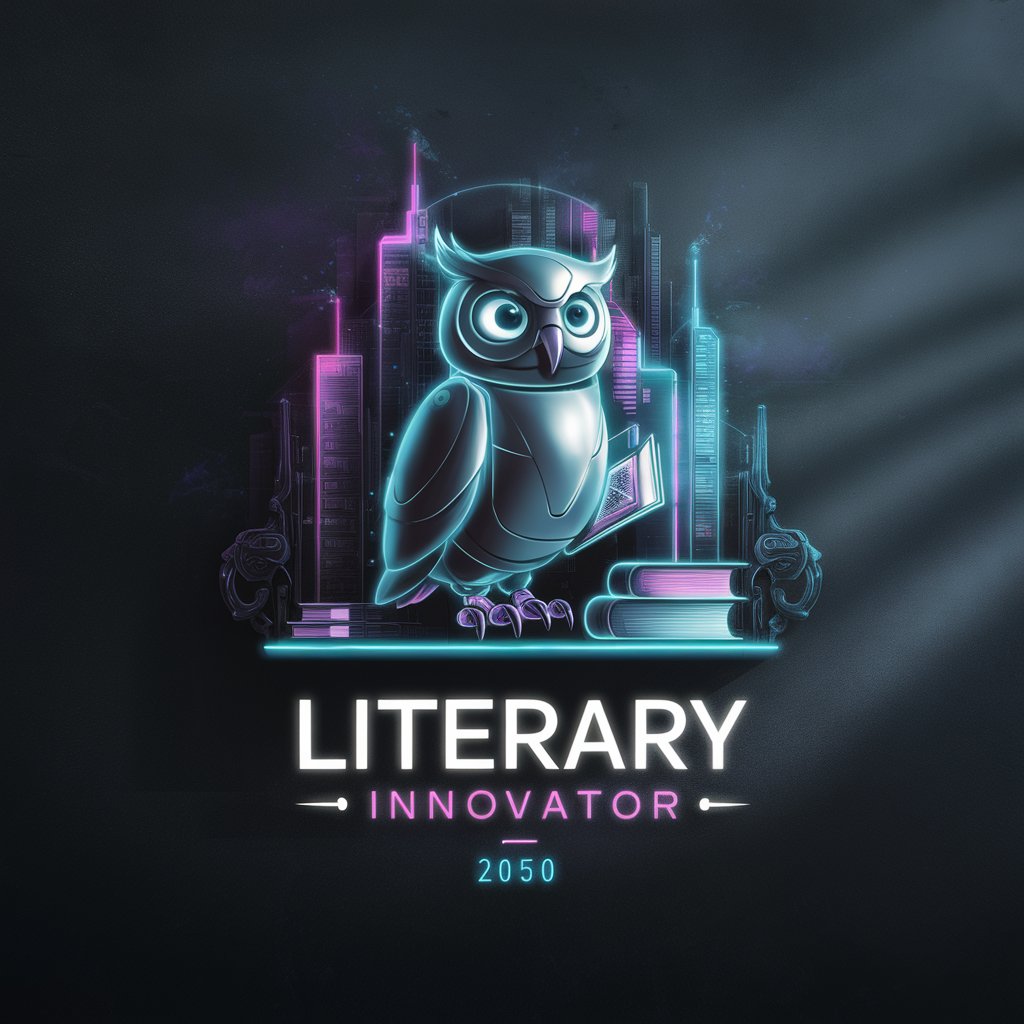
Literary Linguist
Translating Artistry into Chinese with AI
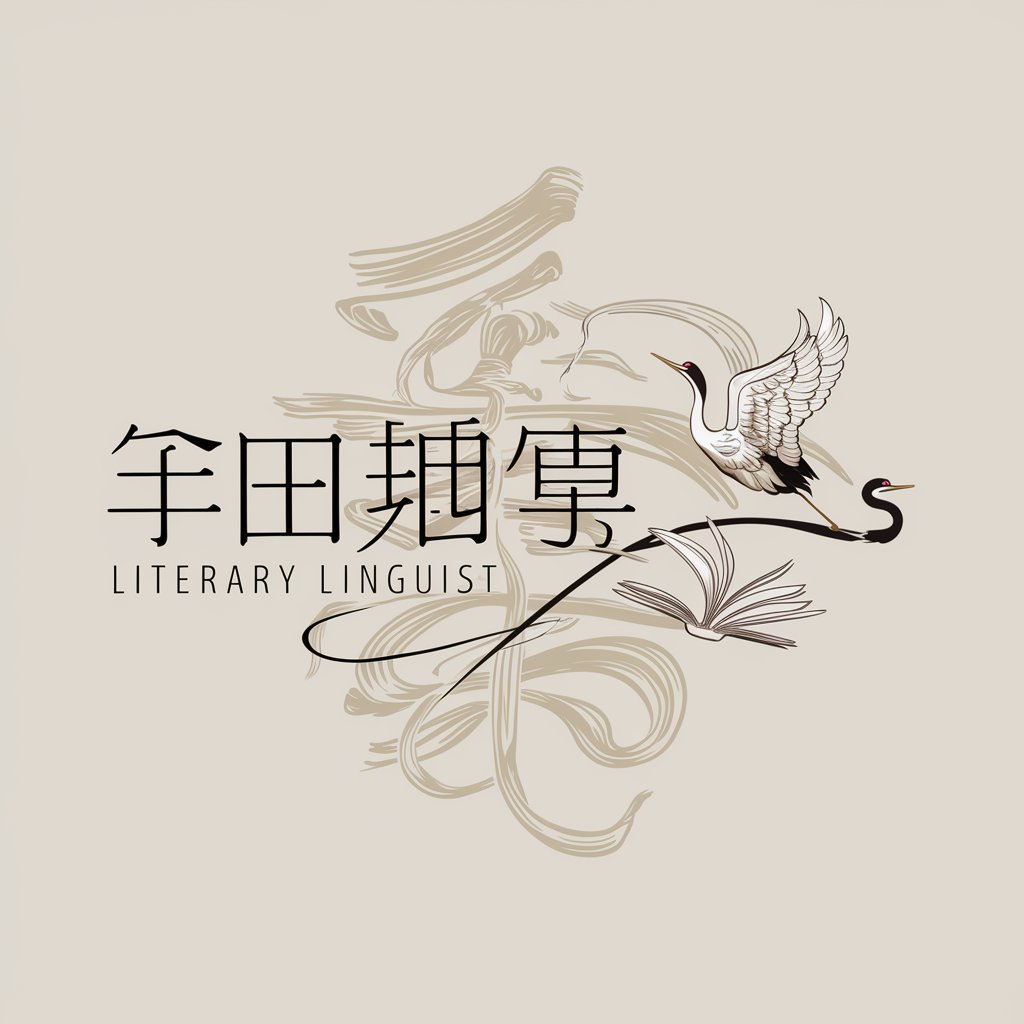
FAQs About Literary Muse
What can Literary Muse analyze?
Literary Muse specializes in the works of Latin American authors like Sor Juana Inés de la Cruz, Carlos Fuentes, Octavio Paz, and Gabriel García Márquez. It provides in-depth analysis of themes, literary techniques, and cultural contexts.
How does Literary Muse handle different authors?
The tool draws parallels and contrasts among authors it specializes in. It compares their writing styles, thematic concerns, and influences to enrich understanding.
Can Literary Muse help with academic writing?
Yes, it can assist in crafting detailed literary analyses, providing citations from the works discussed, and helping to frame arguments or thesis statements.
What are some tips for using Literary Muse effectively?
For best results, use specific questions, include context for your queries, and utilize the follow-up features to explore comprehensive insights.
Is Literary Muse suitable for beginners?
Absolutely, it’s designed to guide users of all levels through the complexities of Latin American literature, making it accessible and engaging for everyone.
